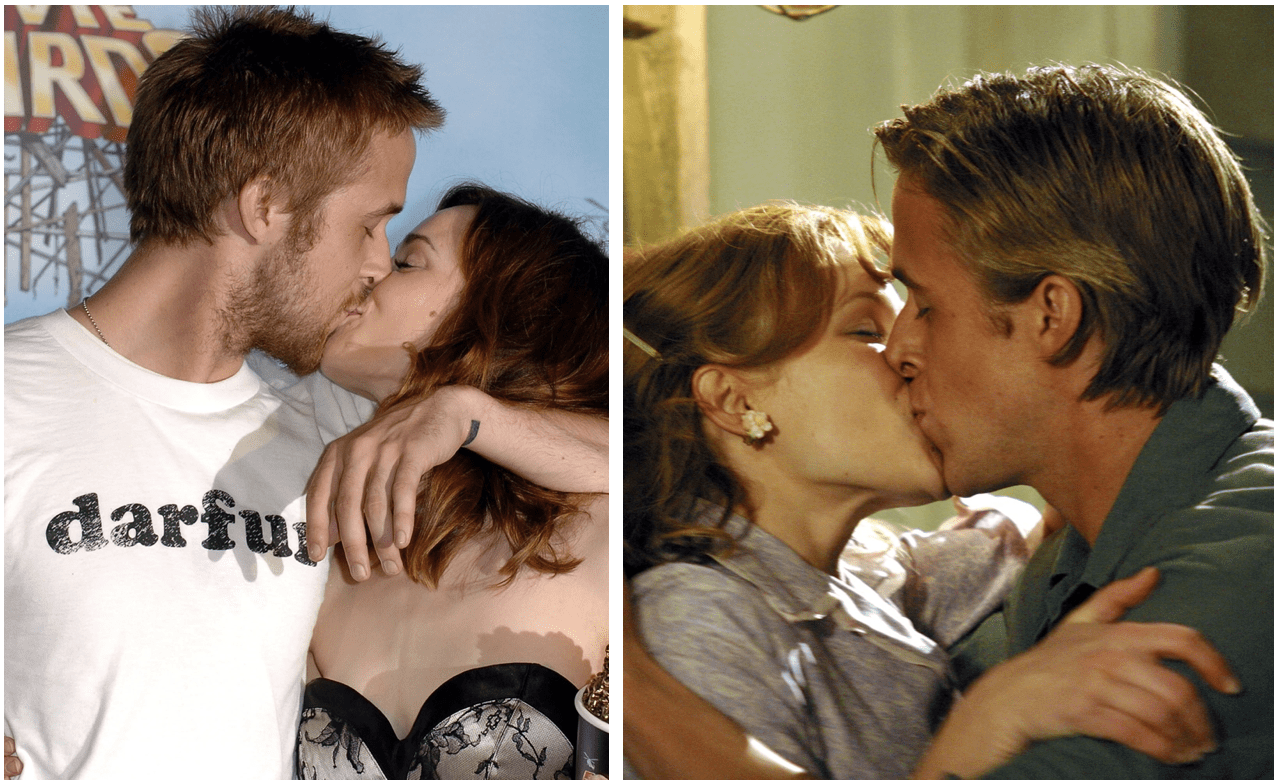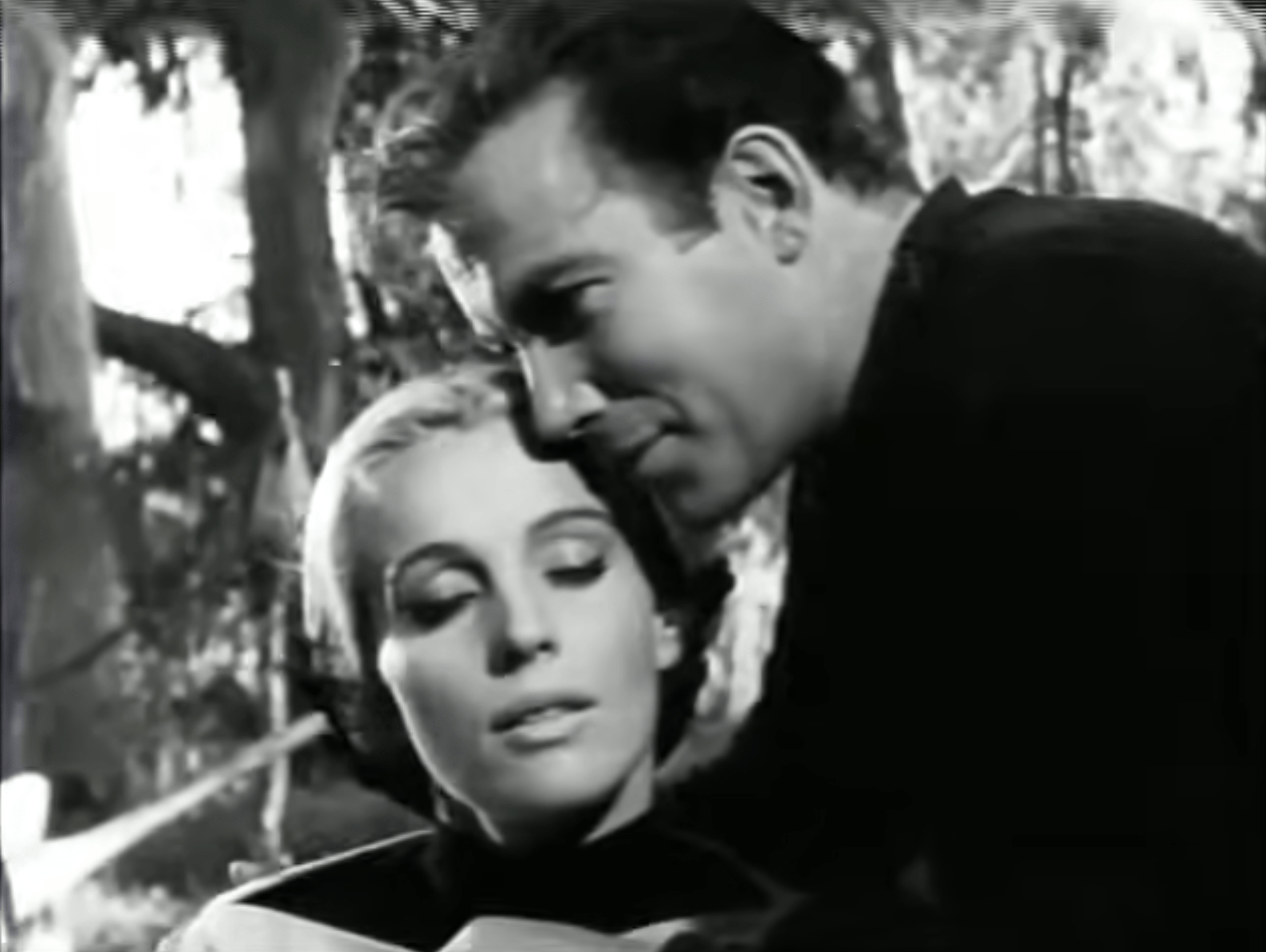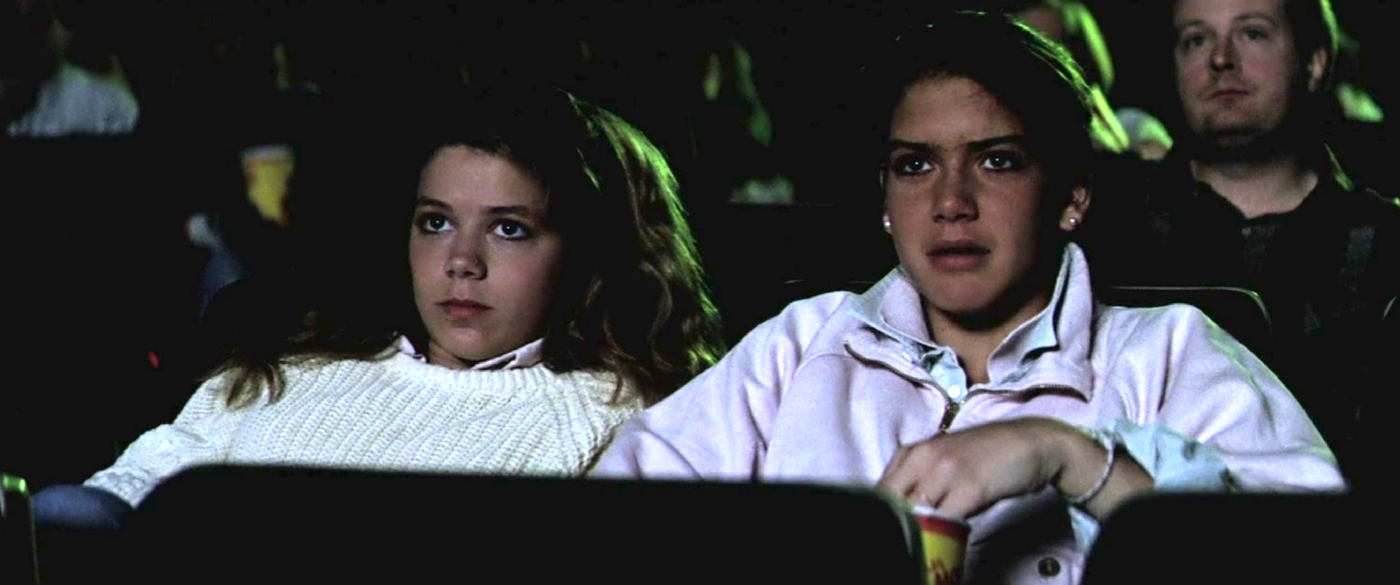
Teeth is one nasty piece of work. It has some of the trappings of a horror-comedy but it gets pretty rough. The premise is simple enough, a prudish, suburban, teenager discovers that her vagina has teeth and will sever anything put inside it.
Trying to unpack the gender politics tangled up in this film is not easy. A simple way to see the film is as a role reversal. There are half a billion horror movies that tear apart nubile, naked women, and Teeth just turns the tables, but it isn’t that simple, horror movies are never just horror movies. In order to make a violent, bloody mess on the screen, writers construct motivations and moralities. Women can be mutilated as a punishment for promiscuity or for snobbery or simply being beautiful. Men can become murderers due to mental illness, Satanism, Nazism, obsession, possession, repression, or revenge. The audience is almost always provided with a motivation. All of this inevitably creates ideologies.
Teeth is strangely similar to the 1980s television series The Hulk. Both stories have a relatively conservative ideology where people are either bad or good and the way to deal with bad people is to punish them, usually with violence.
Both protagonists, Dawn, and Dr. Banner have a condition that causes them to lose control and lash out violently at people who are behaving badly. Both protagonists are victims and perpetrators. Dawn is a little more intentional than Dr. Banner. Dr. Banner can’t help what happens if you make him angry. Dawn discovers she has some control over her violence and so ends up being a little more intentional. However, like Dr. Banner, she must first be victimized in order to facilitate revenge.

Dawn owns her power and deliberately unleashes it on people she wants to destroy. Dr. Banner, at least in the television show, is a tortured soul who can not help what happens in violent or unjust situations.
Teeth could be seen as belonging to the rape and revenge genre. Such films have a long history. In the 1970s they were mostly an excuse to show a lot of rough sex. Movies likeI Spit On Your Grave and The Last House On The Left were not attempting to empower women, they were an opportunity to eroticize rape. Teeth avoids this problem by staying away from eroticism. Dawn’s body is not objectified and the sex she participates in doesn’t last long enough to be arousing.

Teeth is however brutally violent. There are lots of gory castrations, but what makes the violence brutal is the screaming and suffering we witness on the men’s faces. Violence is a tricky thing. Even the most brutal encounter can be spun into something inoffensive even humorous, like the Black Knight from Monty Python’s Holy Grail. Violence can be made triumphant like in Lord of The Rings, or entertaining like in Kill Bill. The violence in Teeth is painful and will make you cringe. It injects a seriousness that changes the way we see the entire film. It is however important to note that female bodies have long been subjected to a myriad of grotesque tortures throughout the history of film, so the shock of seeing a man sexually mutilated could be seen as shocking simply because we are more accustomed to seeing it happen to women.

Teeth can also be seen as a coming-of-age film. Dawn begins the film as a naive Christian who has promised to preserve her virginity for her future husband. She has promised away her body and over the course of the film, she gradually takes back ownership of it. Dawn’s vagina dentata had never posed a problem when she was young but now that she is entering puberty she must contend with its formidable abilities. This provides a sort of exaggerated metaphor for what young women discover about their own sexuality. The power and significance that society attributes to vaginas can be deeply unsettling. It’s not just something that men want access to a vagina, the pubescent girl finds that vaginas are something that can want men. It can control others but can also control its possessor.

Puberty is an assault on our bodies. We have only just gotten comfortable and familiar with ourselves when our body suddenly erupts with changes both mental and physical. It is these changes that artificially set up a sometimes contentious relationship between our body and mind. We easily split apart from our bodies and find ourselves locked in a battle against our own physicality. Teeth is not alone in depicting our struggle to integrate our mental and physical identities. Horror is full of werewolves, vampires, and ghosts which pit the protagonist against themselves.
We easily and frequently bifurcate ourselves. We argue with ourselves, talk with ourselves, get angry with ourselves so quickly and fluidly that we hardly notice when it’s happening. In Teeth Dawn has to come to terms with her sexual self but must also grapple with her anger. She is angry because in the flowering of her puberty she has become a target. She is entering womanhood and that means having to deal with gender politics. She realizes that Christianity's dictates about sex are childish and must invent her own morality around sex. A morality that must incorporate her ability to murder.
The Hulk parallel is really driven home when in the end we see her hitchhiking by the highway. She is still learning how to incorporate her strange abilities and has had to disconnect from society while she figures out who she is and how she wants to proceed. She has discovered that the world is not what she thought it was and neither is she.

If you enjoyed this article you might try reading this one -



